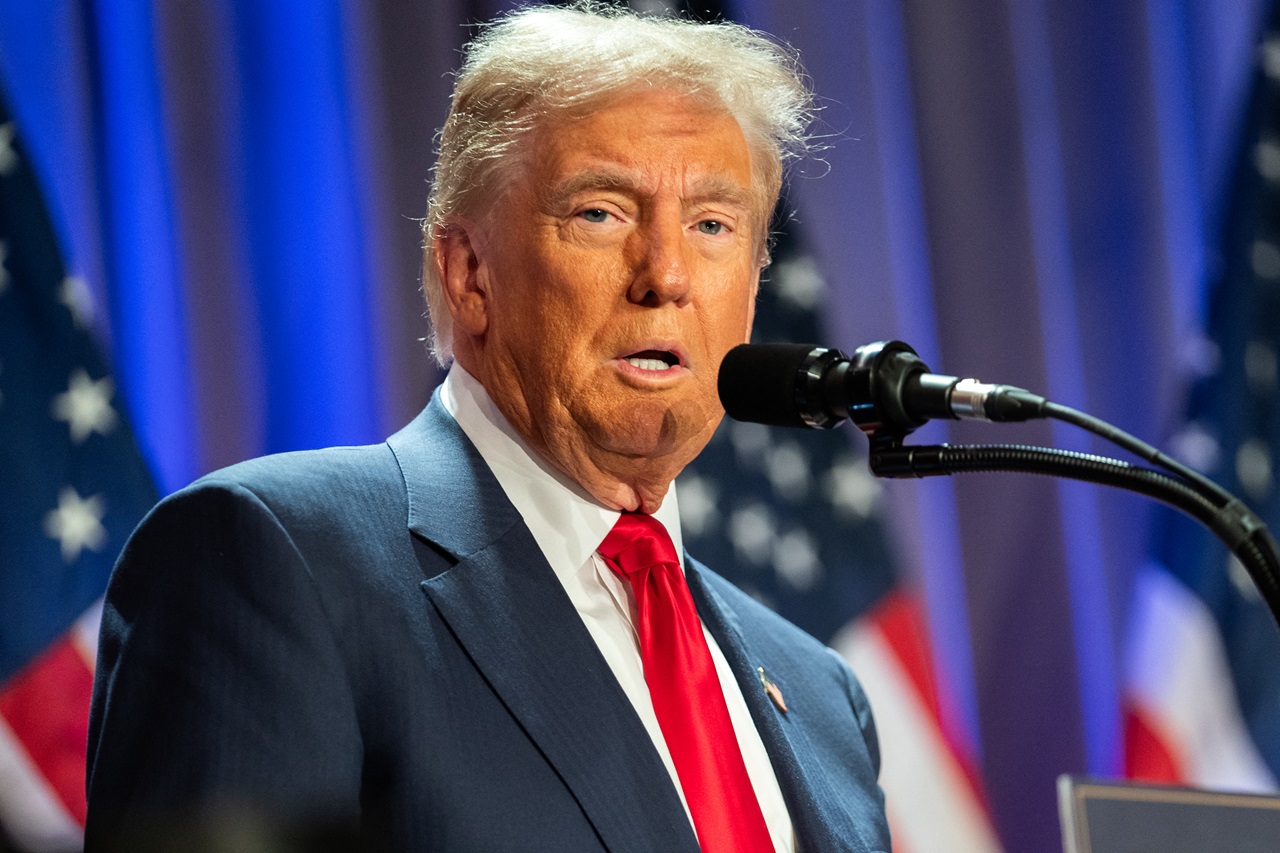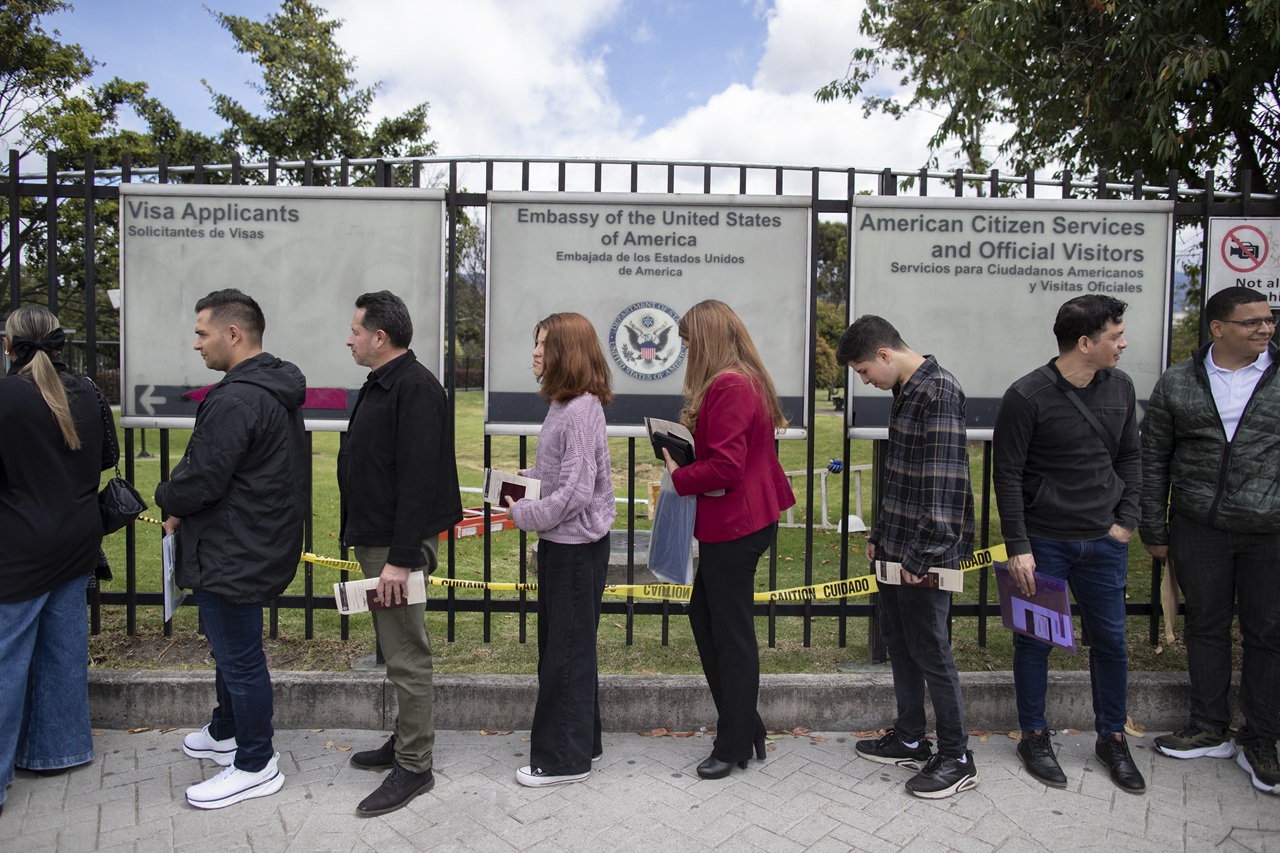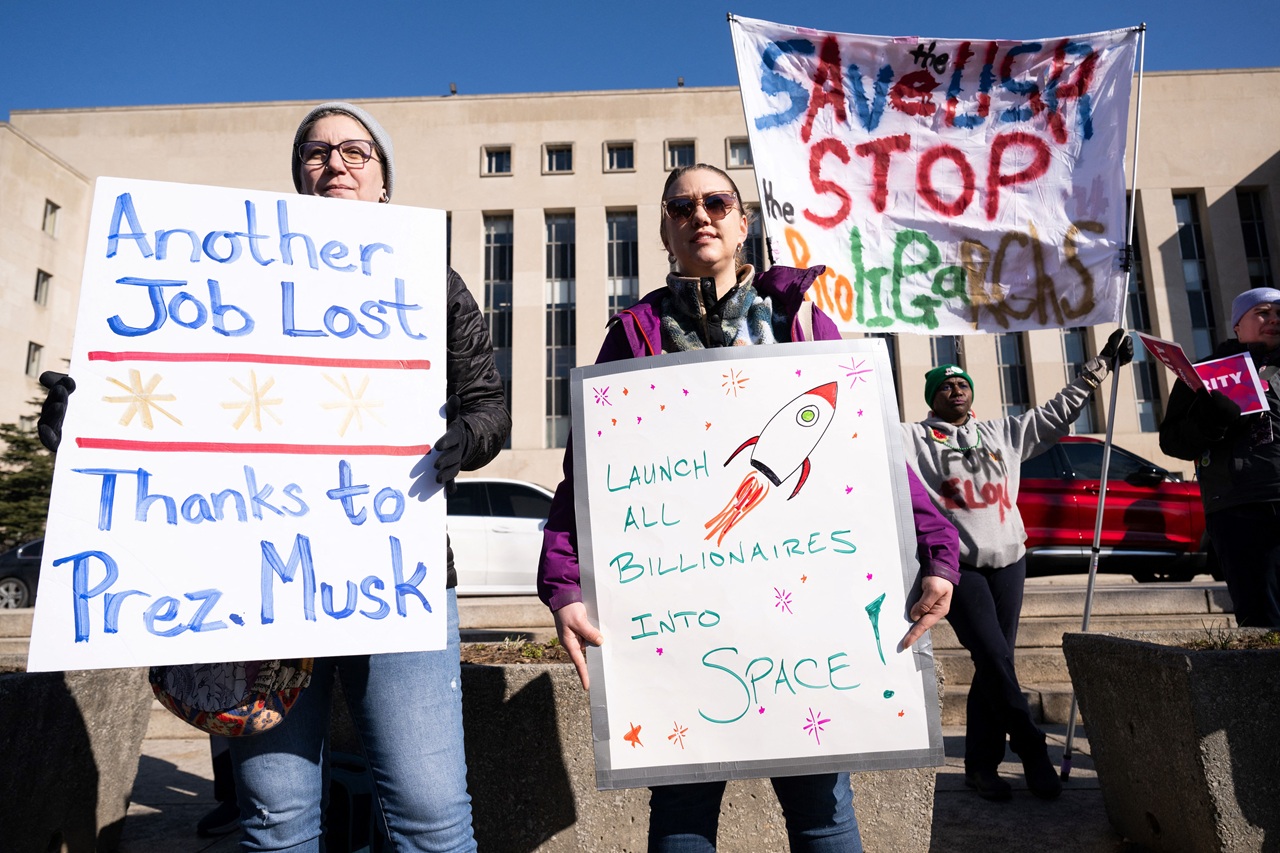What we know about the battle for Philly's 'sanctuary' status
With just six weeks left in office, Mayor Michael Nutter dropped a major proposal to scale back Philadelphia’s ‘sanctuary city’ status and the protections it offers to undocumented immigrants.
In a closed-door meeting Thursday, Deputy Mayor Everett Gillison told immigrant-rights groups that Nutter is prepared to modify the executive order he signed into law 18 months ago. As it stands, the executive order bars Philadelphia’s police and prison officials from cooperating with Immigration and Customs Enforcement (ICE) agents. Gillison said the changes will be fast-tracked without a public hearing, with the intention of rekindling some but not all cooperation between federal and local law enforcement agencies.
This news has untold implications for immigrant communities of every stripe in Philadelphia. Here’s what we know so far.
The conditions of the Philly’s ‘sanctuary status’ will change, but it’s not clear to what extent. An official draft of the changes is not available yet, but the Mayor’s office said it would release them as soon as possible.
Gillison was sent on behalf of Nutter to bear the message, sources at the meeting confirmed. It was not received well. Many of the parties left feeling confused about what exactly is being proposed.
“Quite frankly there was a lot of double talk,” said Wendy Castor Hess, an immigration attorney who was present at the meeting. “It was very clear that Gillison was uncomfortable. He didn’t know many of the details, and if he did know the details, he was not willing to share them. But this is going to be fast-tracked through and there was very little notice to anybody.”
Invitations to the closed-door gathering were sent out at the beginning of the week, according to the Mayor’s Office of Immigration and Multicultural Affairs. Attendees included some 30 to 40 stakeholders from the discussion process leading up to original executive order.
Gillison said the new policy would allow local-federal cooperation only in the cases of undocumented persons accused of murder, rape, robbery, domestic violence, illegal possession of a firearm, or “terrorist” activity. Several attendees said Gillison made it was clear that the new policy will not include reporting non-violent offenses such as traffic stops, which ICE has previously used to detain and deport.
"We have various ideas of how the order could be modified," Deputy Mayor Gillison told the Inquirer after Thursday’s meeting. "I'm trying to put in writing what is common sense. If a person is suspected of being a terrorist, and they happen to be in our custody, are you telling me that we don't want to tell the feds?"
Sources said there was mention of possibly reporting individuals who are deemed a “threat to public safety,” a term whose vagueness raised some concerns.
The order is coming down directly from the Obama Administration and the Department of Homeland Security.
Nutter’s plan came out of talks with President Obama and Homeland Security Secretary Jeh Johnson. Nutter has reportedly been discussing this policy for seven months, but his administration just got around to drafting the plan now.
It came as a shock to Juntos, the South Philly nonprofit that works with Latino immigrants, the Cambodian-American advocacy group One Love, and the faith-based New Sanctuary Movement. Carlos Giralt-Cabrales, the consul of Mexico in Philadelphia, who in September praised the creating a welcome home for Mexican immigrants at Philly's Mexican Independence Festival, was also dismayed to learn Nutter had been planning this for several months. (We could not reach the consul in time for this article.)
There is a lot of speculation about the motive behind this decision, but many stakeholders AL DIA spoke with did not want to go on the record until more details become clear. Nonetheless...
Immigrant-rights groups are outraged. It took half a year of cooperative action before Nutter issued the executive order making Philadelphia a ‘sanctuary city.’ Now, with just six weeks left in office, Nutter looks to backtrack without so much as a public hearing.
Leaders from various immigrant communities are scratching their heads over the timing. Why now? Why not wait six weeks and let the next mayor deal with it?
“To come up with the current policy that’s now being overturned, it was a long-term cooperative action with the mayor and the immigrant community,” said Marwan Kreidie, director of the Arab-American Community Development Cooperation. “Yet this change did not involve anybody except, it seems, the mayor’s office and DHS.”
Mayor-elect Jim Kenney, who campaigned on his long-standing support of Philadelphia’s ‘sanctuary’ status and the immigrant community as a whole, was quick to promise that he did not intend to increase cooperation with ICE. The day he assumes office, Kenney could retract any changes Nutter made to the executive order.
But national political forces are at play here as well.
"We were told that it comes down from the Obama administration through DHS as a measured response to the far-right's vitriolic discourse on immigrants," said Peter Gonzales, president and CEO of the Philadelphia Welcome Center from New Cities.
Nonetheless, others have decried Nutter’s eleventh-hour proposal as political kowtowing.
“Mayor Nutter choosing his own political career over families is a violation of our faith values of giving second chances, reconciliation, and family unity,” said Peter Pedemonti, director of the New Sanctuary Movement of Philadelphia. “Our members feel that this move is a stab in the back after suffering through countless deportations and six years of hard community organizing to keep their families safer."










DEJE UN COMENTARIO: